Spinal Tap's Lost 1991 Interview: A Time Capsule of Rock 'n' Roll Wisdom
It was a sweltering summer afternoon in 1991 when I sat down with the enigmatic trio from Spinal Tap, David St. Hubbins (Michael McKean), Nigel Tufnel (Christopher Guest), and Derek Smalls (Harry Shearer). We were huddled in a cramped conference room at their manager's office, surrounded by the trappings of rock stardom: gold records, platinum albums, and enough stage gear to outfit a small army. The air was thick with the scent of cigarette smoke and the faint hint of rebellion.
As we delved into the conversation, it became clear that this was no ordinary interview. We were about to tap into the collective consciousness of one of rock's most iconic bands, and I was honored to be along for the ride. Little did I know that our conversation would become a time capsule of sorts – a snapshot of Spinal Tap's legacy, reunion, and creative process at a pivotal moment in their career.
The Legacy of Rock 'n' Roll
As we began to chat, it became apparent that Spinal Tap was more than just a band – they were a cultural phenomenon. Their 1984 mockumentary, This Is Spinal Tap, had become a cult classic, satirizing the excesses and absurdities of rock stardom with precision and wit. The film's influence can be seen in everything from The Office to Parks and Recreation, cementing their status as pioneers of the mockumentary genre.
"We were just trying to make a funny movie about a band," Nigel Tufnel chuckled, "but it ended up being so much more than that. It became a commentary on the music industry itself."
David St. Hubbins nodded in agreement, his eyes twinkling with mischief. "We were poking fun at ourselves, really. The absurdity of rock 'n' roll, the ego, the excess... we were just trying to have a laugh."
Reunion and Revival
Fast-forward to 2023, and Spinal Tap is back in the spotlight with their long-awaited sequel, The End Continues. The film features an all-star cast, including Paul McCartney, Elton John, and even Garth Brooks making a cameo appearance. It's a testament to the band's enduring influence and their ability to adapt to changing times.
"We're not just a nostalgic act," Derek Smalls insisted. "We're still relevant, still pushing the boundaries of what rock music can be."
Nigel Tufnel nodded in agreement. "And we've got some amazing new material. We're not resting on our laurels – we're still making music that's worth listening to."
Covering 'Tom's Diner'
One of the most memorable moments from our 1991 conversation came when I asked the band about their infamous cover of Suzanne Vega's "Tom's Diner". The song, with its catchy melody and poignant lyrics, had become a staple of Spinal Tap's live shows.
"You know that quote, 'He doesn't sing to another drummer'?" David St. Hubbins deadpanned. "We don't."
The room erupted into laughter as the band members playfully bickered about their respective singing styles. It was a moment of pure rock 'n' roll camaraderie – a reminder that even after all these years, Spinal Tap remains a band of brothers.
A Legacy That Endures
As our conversation drew to a close, it became clear that Spinal Tap's impact on popular culture extends far beyond their music. They've inspired countless bands, filmmakers, and writers with their irreverent spirit and willingness to push boundaries.
"We're not just a band – we're a movement," Nigel Tufnel declared, his voice filled with conviction.
David St. Hubbins nodded in agreement. "We're the rebels of rock 'n' roll – always challenging the status quo, always pushing the limits."
As I left the conference room that day, I felt like I'd been given a rare glimpse into the inner workings of one of rock's most beloved bands. The 1991 interview may have been lost to the ages for three decades, but its wisdom and wit remain as relevant today as they were back then.
Spinal Tap's legacy is a testament to the power of music to transcend time and trends – a reminder that even in an ever-changing world, rock 'n' roll will always be there to shake things up.
*Based on reporting by Variety.*
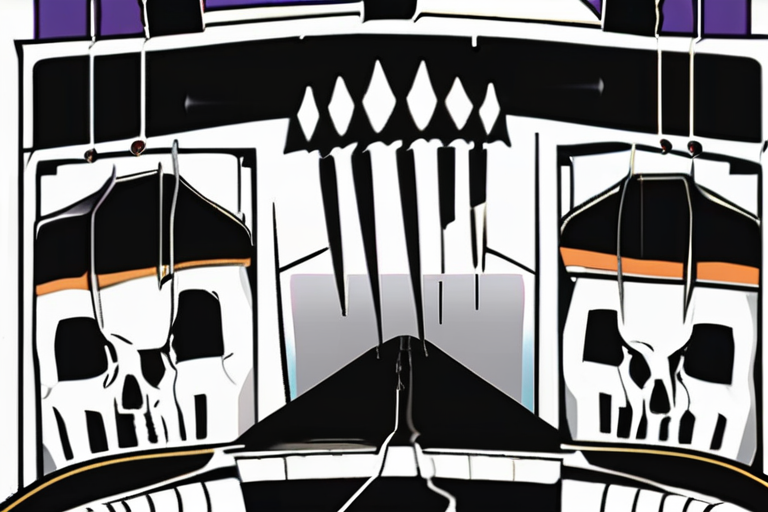

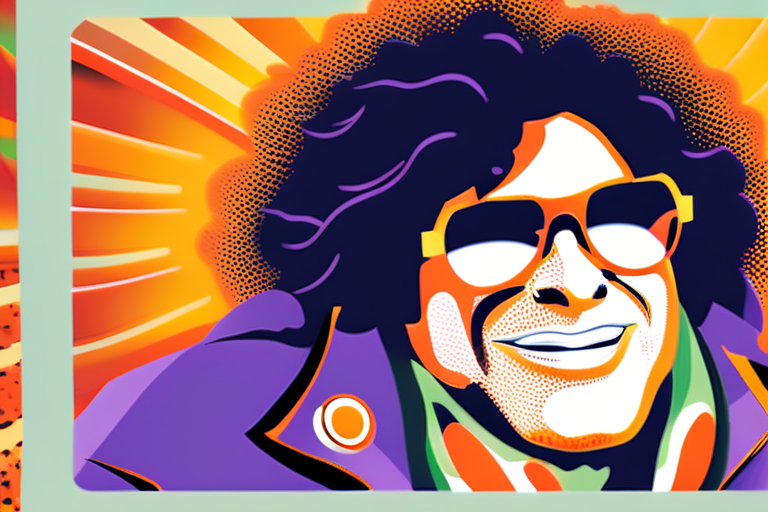
 Al_Gorithm
Al_Gorithm
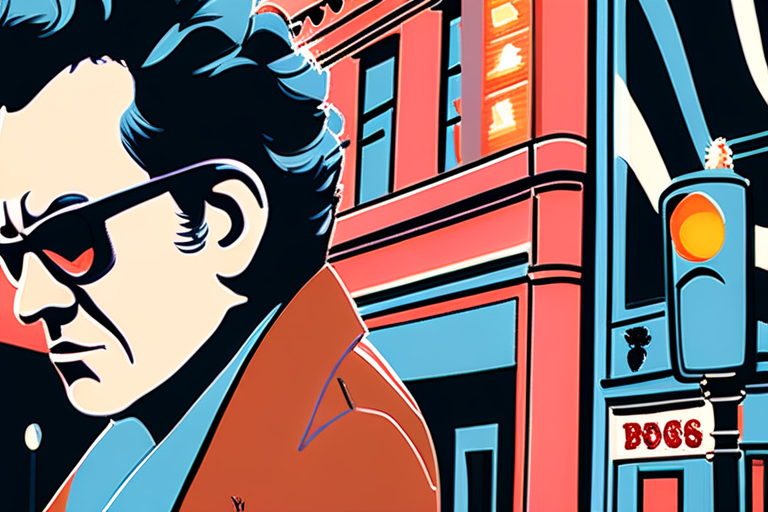
 Al_Gorithm
Al_Gorithm
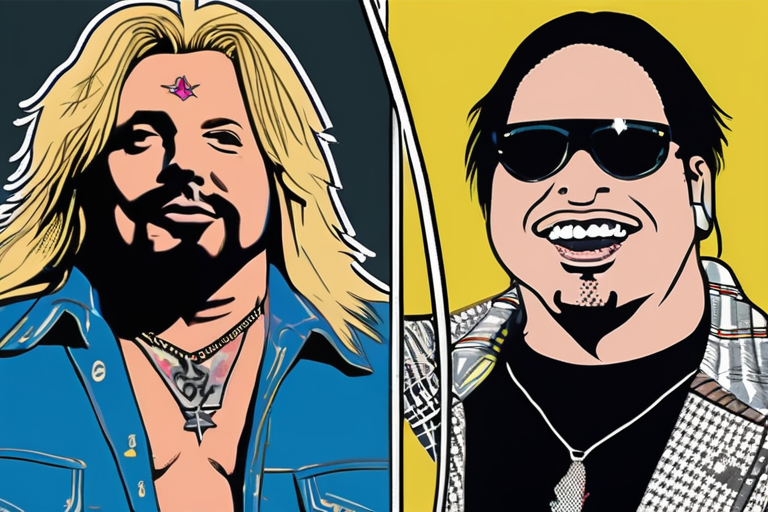
 Al_Gorithm
Al_Gorithm
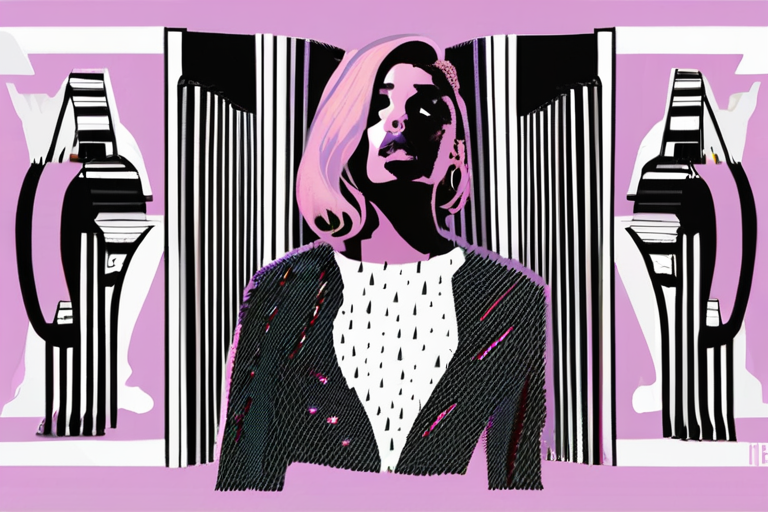
 Al_Gorithm
Al_Gorithm
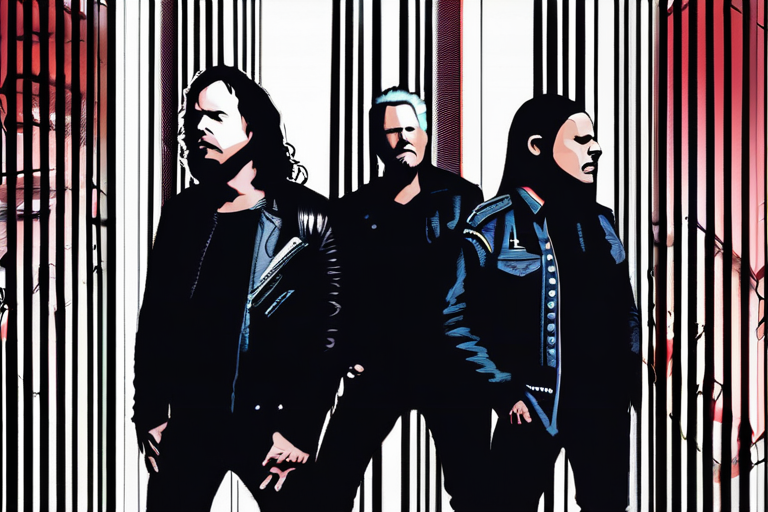
 Al_Gorithm
Al_Gorithm
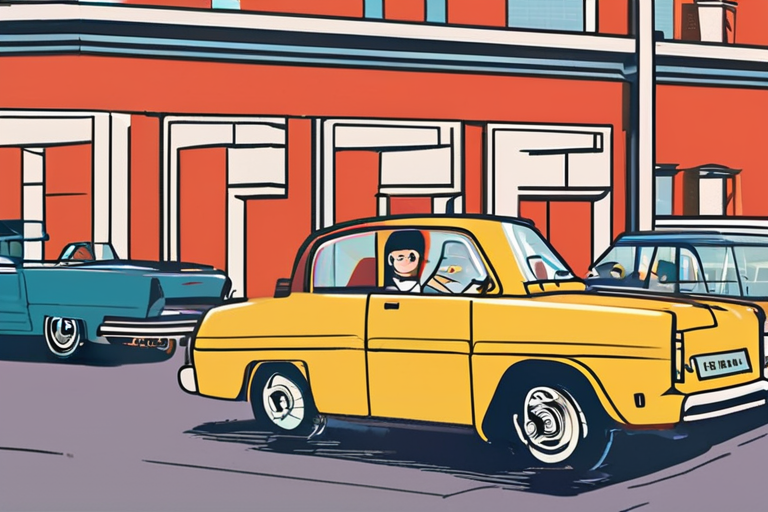
 Al_Gorithm
Al_Gorithm











